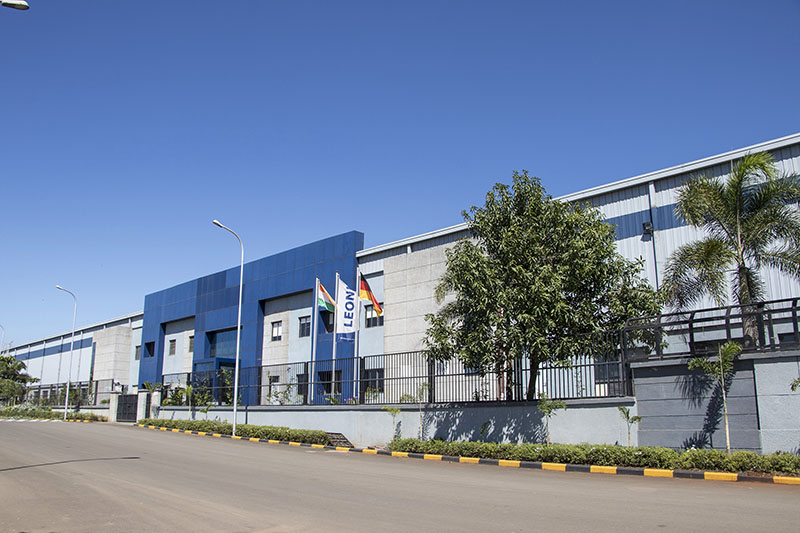
Operations and Workforce Management
Before Corona
We used to work in 3 shifts for 8 hours each before the pandemic and there was flexibility in shuffling the manpower. There were no travelling restrictions and need for social distancing. There was limited uncertainty towards employee absenteeism. Preventive maintenance and machines which are dependent on AMC were done as per the schedule. Communication was not a challenge as there was no concept of work from home.
After Corona
Lockdown was imposed and the plant was completely stopped from 19 March 2020. We started operation with limited manpower from the last week of April 2020 and ran 2 x 12 hours shifts. Operators and contract employees who were out of Pune were not able to join till June 20. Due to travelling restrictions/night curfew, accommodation arrangements were made for the employees of the second shift in the plant.
We faced challenges in maintaining social distancing & safety measures during COVID situation particularly while travelling and at the canteen. There was uncertainty in absenteeism due to COVID positive employees, their family members, or neighbours. Also, the production activities witnessed a heavy impact. We also faced challenges in meeting the quarantine rules in case of employees returning back from their natives. Also, there were challenges with regard to commuting to the factory and number of seats in public transport. We saw ten COVID positive cases in 2020 and twenty six positive cases in 2021 and around 50 percent of the workforce was unavailable to perform at the factory. Due to travelling restrictions, downtime & stoppages of machines, especially Ebeam Machine increased. However, office employees & supporting functions are able to work remotely through online meetings, trainings, and communication through Webex. Social distancing is maintained at shop-floor which has an impact on the production.

Supply Chain Management
Before Corona
Manpower availability at the supplier end was not an issue before the pandemic. The working pattern of the supplier used to be 3 shifts x 8 hours. There were no interstate truck movement concerns and international logistics was also not a challenge. Besides, there was flexibility in shuffling the manpower.
After Corona
Decrease in manpower for production, quality analysis, dispatch, and support resulted in delayed dispatches from suppliers’ end. We had to work with limited manpower & run 2 x 12 hours shifts which resulted in delayed receipts of RM and child parts. Intermittent state-wise lockdowns resulted in state-to-state transportation issues for inbound and outbound logistics. Also, special permissions were required for some state travels. We witnessed higher freight charges and congestions on customs ports. Due to non-availability of space, there were 2 to 3 weeks delays for import FCL movements from EU. Vessel availability for Australia is a big challenge and shipping lines are charging a heavy surcharge for preference. Air cargo and passenger movements are a challenge due to reduced flights.




